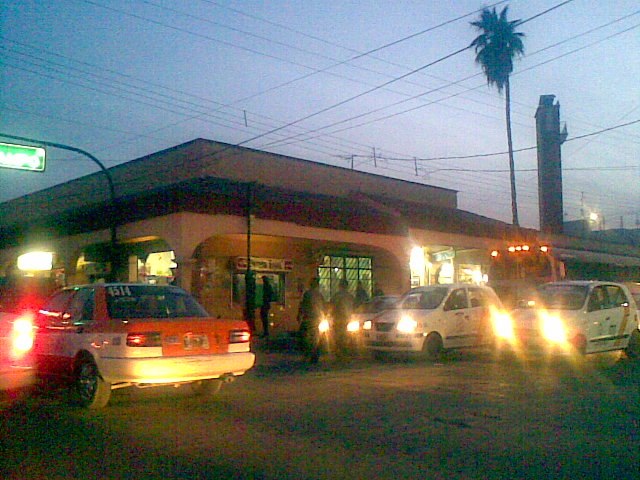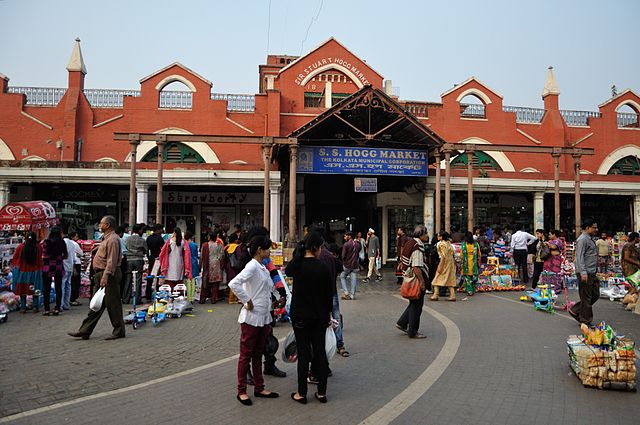A black market, underground economy, or shadow economy is a clandestine market or series of transactions that has some aspect of illegality or is not compliant with an institutional set of rules. If the rule defines the set of goods and services whose production and distribution is prohibited or restricted by law, non-compliance with the rule constitutes a black-market trade since the transaction itself is illegal. Such transactions include the illegal drug trade, prostitution, illegal currency transactions, and human trafficking.
A black market in Shinbashi in 1946
A black-market salesman (fly by night) depicted making a transaction
Barcelona 2015
Mercado Negro, so called "Black Market", in La Paz, Bolivia
In economics, a market is a composition of systems, institutions, procedures, social relations or infrastructures whereby parties engage in exchange. While parties may exchange goods and services by barter, most markets rely on sellers offering their goods or services to buyers in exchange for money. It can be said that a market is the process by which the prices of goods and services are established. Markets facilitate trade and enable the distribution and allocation of resources in a society. Markets allow any tradeable item to be evaluated and priced. A market emerges more or less spontaneously or may be constructed deliberately by human interaction in order to enable the exchange of rights of services and goods. Markets generally supplant gift economies and are often held in place through rules and customs, such as a booth fee, competitive pricing, and source of goods for sale.
Gómez Palacio city's municipal market
Front view of Stuart Saunders Hogg Market, Kolkata
Corn Exchange in London, circa 1809
New York Stock Exchange (United States), 1963








